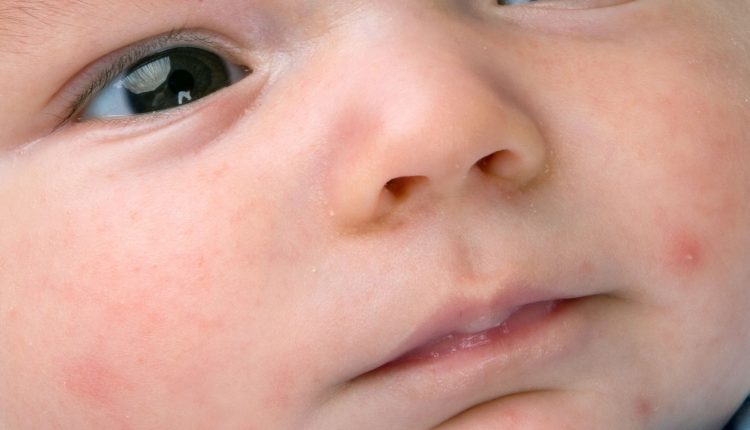
Why are hiccups so common in newborns and how can they be overcome?
Many new parents worry a great deal when they see their newborn child have hiccups, however, hiccups – in most cases – are a completely normal event that should not cause concern
Why are hiccups so common in newborns?
Hiccups are so frequent in infants for at least three reasons
- gastro-oesophageal reflux, especially in particularly voracious infants who therefore swallow a lot of air. The cardia relaxes and stimulates the diaphragm; the onset of hiccups at burping time is typical;
- crying fits: even in this case it is easier for the baby to swallow more air, so the situation already seen is repeated;
- sudden changes in temperature: it is not clear how they act, but by a reflex mechanism hiccups often accompany nappy changes or bathing.
How to make a newborn baby stop hiccupping?
The most natural and effective remedy is to get the baby to resume feeding, especially if it is at this stage that the hiccups appeared.
In older babies it may be useful to give them a few sips of water to drink.
Another system is to make the baby sneeze after gently touching his nose several times, in this way the diaphragm resumes its natural rhythm of contraction and relaxation, which is the basis of breathing.
It is neither advisable nor particularly helpful to close the baby’s nose or offer him a few drops of lemon or vinegar.
For infants who are particularly prone to hiccups, however, it is advisable to try to prevent them by preventing them from swallowing too much air while feeding.
How? Avoid excessively long feedings, interrupt breastfeeding several times and possibly resort to intermediate burping.
Hiccups in the newborn: when to call the doctor?
In some cases, hiccups should not be underestimated.
Medical advice is required if:
- Hiccups are extremely frequent;
- lasts for hours without a break;
- it is so strong that it prevents the infant from eating or – above all – breathing normally.
Fetal hiccups in the mother’s belly
Hiccups are not an event that occurs only once a baby is born.
The baby can start hiccupping as early as the first few months in the mother’s belly; this is completely normal and physiological, and indeed a good thing!
Fetal hiccups are a sign that the baby is ‘preparing’ for life outside the uterus by performing breathing exercises determined by the movement of the muscles of the rib cage.
But the functions of fetal hiccups do not stop there: another important function of the hiccup is to prevent amniotic fluid from entering the lungs: in fact, during these breathing exercises, the baby can swallow some fluid, and thanks to the hiccups it is able to throw it out of its mouth.
Most of the time, and this happens when the mother performs particular actions: for example, when she gets up, when she lies down, when she becomes fatigued or even when she eats too much, all of which lead to a temporary reduction in the oxygen supply to the foetus.
Read Also:
Emergency Live Even More…Live: Download The New Free App Of Your Newspaper For IOS And Android
Pharyngotonsillitis: Symptoms And Diagnosis
Tonsils: When To Have Surgery?
Plaques In The Throat: How To Recognise Them
Gastroesophageal Reflux: Causes, Symptoms, Tests For Diagnosis And Treatment
Adenotonsillar Hypertrophy: The Pathology Affecting Adenoids And Tonsils
Sore Throat: How To Diagnose Strep Throat?
Sore Throat: When Is It Caused By Streptococcus?
Pharyngotonsillitis: Symptoms And Diagnosis
Tonsillitis: Symptoms, Diagnosis And Treatment



